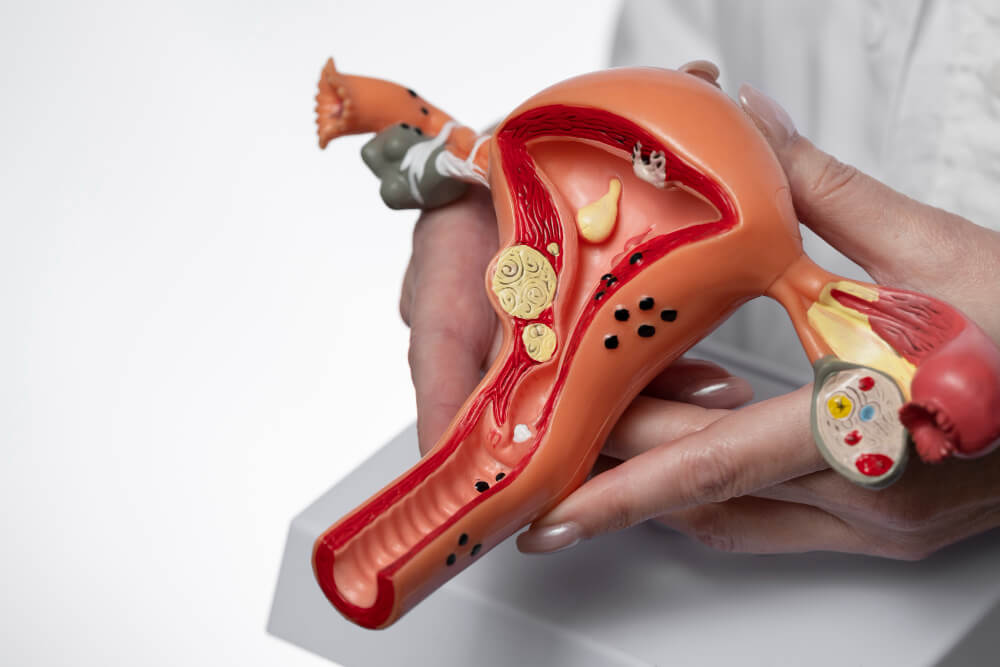Benefits of a healthy diet for the body

Health Yes God Almighty on the human, and the duty to preserve this grace that does not feel its importance most humans only when they lose them , and things to be observed for the enjoyment of health and wellness care to eat healthy foods integrated; He suffers from many diseases, such as stroke, cardiovascular disease, cancer, diabetes, and many other diseases that are linked to unhealthy foods and lifestyle.
Organic foods

Organic food is a healthy foods produced without the use of pesticides, chemical fertilizers, sewage residues, herbicides, antibiotics, hormones and radiations. Although more research is needed to prove that organic foods are safer than traditional foods, experts believe that foods that contain pesticides, fertilizers and hormones may increase the risk of cancer, reproductive health problems, nervous system problems, and birth defects.
Some researchers believe that some organic foods can be a little richer in nutrients than their traditional counterparts; As there are signs that organic oranges may contain more vitamin C compared to traditional oranges, some people may find the taste of organic food better.
One of the downsides of organic foods is that they are more expensive than inorganic food, and you may be more susceptible to the presence of pathogenic organisms, such as salmonella , because of the use of natural fertilizers, animal dung, for fertilizer instead of chemical fertilizers.
Also Read : Apple Benefits for the body : Nutrition & Health Benefits
Benefits of a healthy diet for the body

Here are some of the most important benefits that a person gets when he makes a commitment to eating healthy foods:
- Avoiding smoked, canned, and pickled foods protects against cancer, especially esophageal and stomach cancer.
- A low-sugar diet can prevent diabetes and boost the health of the immune system.
- A healthy, low-fat diet protects obesity , high blood pressure, diabetes and cancer, and prevents blood vessel blockage, which reduces the risk of heart disease and stroke
- Eating a diet rich in fiber protects against constipation and colon cancer, and rid the body of excess estrogen and toxins.
- Eating a balanced diet prevents obesity, which increases the risk of cancer.
- Eating unsaturated fat and reducing saturated fat raises the level of good cholesterol (HDL) that protects against heart disease, and reduces the cholesterol (LDL) that leads to heart disease.
- Eat sources of good carbohydrates for the body, such as whole grains such as wheat, whole bread, as well as fruits and vegetables, and avoid potatoes, white bread, pasta, and white rice. It protects against obesity, diabetes, heart disease and stroke.
- Eat fresh fruits and dark green leafy vegetables , such as spinach and cabbage rich in antioxidant vitamins (C) and (E), and zinc, as well as prevent eye diseases , such as age-related macular degeneration (a disease in which the center of the retina is in the back of The eye, which is the leading cause of blindness in the elderly).
- A low-salt diet rich in potassium, such as bananas, watermelons, and avocados that protect against high blood pressure.
- Eating calcium- rich sources and low-fat dairy products protects against colon cancer.
- Eating a diet that mainly depends on plant foods, and vegetable oils reduce the risk of Alzheimer’s disease.
- Eating legumes may reduce the risk of dementia and Alzheimer’s disease , insulin resistance, control blood sugar, protect the prostate from enlarging, improve bone density, reduce skin wrinkles, reduce high blood pressure, reduce cholesterol (especially harmful cholesterol), and protect from Cardiovascular disease, reduces the risk of breast cancer and other types of cancer.
- Eating anti-inflammatory nutrients regularly helps reduce stress and depression, maintains energy, and improves mood. Examples of anti-inflammatory include: avocado, nuts, complex carbohydrates, eggs, milk, foods rich in omega-3 , and dark chocolate.
Healthy foods tips

Here are some tips that may help you benefit from a healthy diet:
- Diversification into food, eating more whole grains, fruits, vegetables and legumes, and choosing low-fat dairy products .
- Not neglecting liquids, and drinking sufficient quantities of them.
- reducing the amount of fat, and choosing sources of monounsaturated fat, such as those found in fish, nuts, olive oil, and avocado. Reducing energy drinks , soft drinks , and stimulants.
- Balancing exercise and eating for strong muscles and healthy weight.
- Make sure to eat breakfast daily.
- Relaxing and enjoying healthy meals is not considered a heavy duty, eating slowly, and making sure to eat meals with the family.
- Do not skip meals and eat them at regular times, and do not ignore the feeling of hunger; Because this leads to overeating later.
- Eat several small meals during the day instead of the larger ones that weigh on the digestive system.
- Increase your intake of plant protein sources; Because it is rich in fiber and poor in fat, unlike animal sources of protein.
- Reducing high-fat foods and added sugar and salt, such as pasta, sweetened biscuits, and processed meats such as sausage , sweetened condensed milk, ice cream, fried food, potato chips, cream, butter.
- Get rid of fat in red meat and chicken, and remove chicken skin before cooking.
Healthy foods
A healthy diet means consuming the right quantities of the five main food groups: whole grains, fruits and vegetables, protein, dairy, fats and sugar:
Whole grains : Grains that contain all parts of an edibleseed, such as bran , the seed fetus, and the endosperm , such as corn, oats, brown rice, rye , barley, wild rice, buckwheat, soybeans, bulgur (crushed wheat), millet, and quinoa . Whole grains are a rich source of protein, fiber, B vitamins, antioxidants, and minerals such as iron, zinc, copper and magnesium.
Fruits and vegetables : are sources of fiber, vitamins, and minerals necessary for a healthy body and disease prevention. Nutritionists recommend eating five portions of vegetables per day (one amount equals a cup of raw vegetables, or half a cup of cooked vegetables), and two parts of fruit (one serving is a medium or two small fruits). It is beneficial for health to diversify the colors of vegetables and fruits to obtain a greater range of nutrients. Red foods, such as tomatoes and melons, contain lycopene, which is important in fighting prostate cancer and heart disease. Green vegetables, such as spinach and turnips, contain lutein and zeaxanthin, which help protect against eye diseasesassociated with aging. As for blue and purple foods, such as berriesEggplant contains anthocyanins, which may help protect the body from cancer. White foods, such as cauliflower, contain sulforaphen, which also helps protect against some types of cancer.
Proteins : Nutritionists recommend that proteins make up 20-25% of daily food, as the body needs proteins to build muscle and repair tissues. Foods rich in protein also provide the body with essential minerals, such as iron, magnesium, and zinc, as well as vitamin B. Among the most important foods that contain protein are fish, poultry, meat, eggs, legumes, nuts, and soy.
Legumes : include beans, lentils, peas, chickpeas, soybeans, and peanuts. Legumes provide the body with antioxidants, fibers, folic acid, magnesium, and iron.
Dairy : Dairy products are foods rich in calcium that are needed to build bones, protein, vitamin D, potassium, magnesium, and zinc. Experts advise eating 3 servings of dairy products daily.
Fats and sugars : There are two types of fats: unsaturated fats found in vegetable oils and fish oil, and saturated fats . Experts recommend reducing the amount of saturated fat and sugar to a minimum to maintain health.



